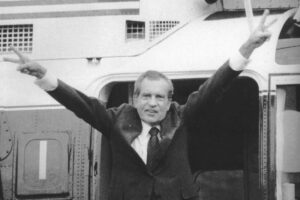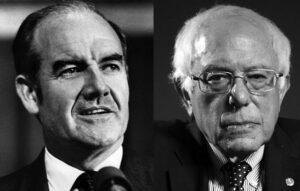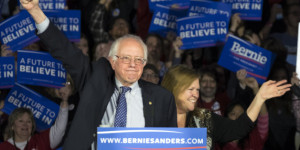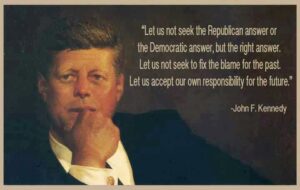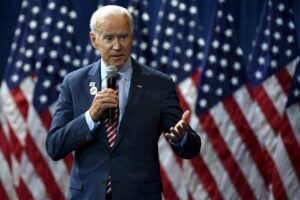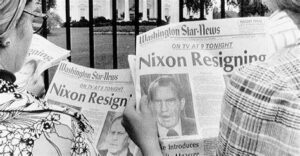They call themselves Republicans for Harris, believing that the Democratic nominee for POTUS is suited better to hold the job than the Republicans’ own presidential nominee.
It is far too early — and the view from my perch doesn’t allow me to predict anything with accuracy — to know what this means in terms of determining the outcome of the election.
This Republicans for Harris movement designed to bolster the election of Kamala Harris over Donald J. Trump has a certain ring that I recall vividly from my first political campaign.
Flash back for a moment to 1972. Democrats nominated Sen. George McGovern for president. He ran against President Richard Nixon. McGovern wanted to end the Vietnam War. So did I, so I signed on as a campaign worker. I was aligned with the Democratic Party in my early years. My wife, Kathy Anne, and I were newly married and we both became involved.
Not all Democrats were enamored of the effort the nominee was making to obtain an early-as-possible exit from the bloodshed in Vietnam.
Thus, the Democrats for Nixon movement was born. One of its leaders was the late Big John Connally, the former Texas governor who was wounded seriously that day in Dallas when President Kennedy was murdered. Democrats for Nixon grew to a huge following of disaffected Democrats.
Nixon won that election with 520 electoral votes to McGovern’s 17; Nixon carried 49 of 50 states, winning 61% of the popular vote.
I smile these days when I recall those results, hoping that this Republicans for Harris movement could contribute to the same level of victory for the candidate I want to become president, Kamala Harris.
I cannot predict an outcome, even though Harris’s momentum continues to build. Trump continues to struggle.
Maybe it’s a long shot, but I am going to cling to some notion that history just might be able to repeat itself.
